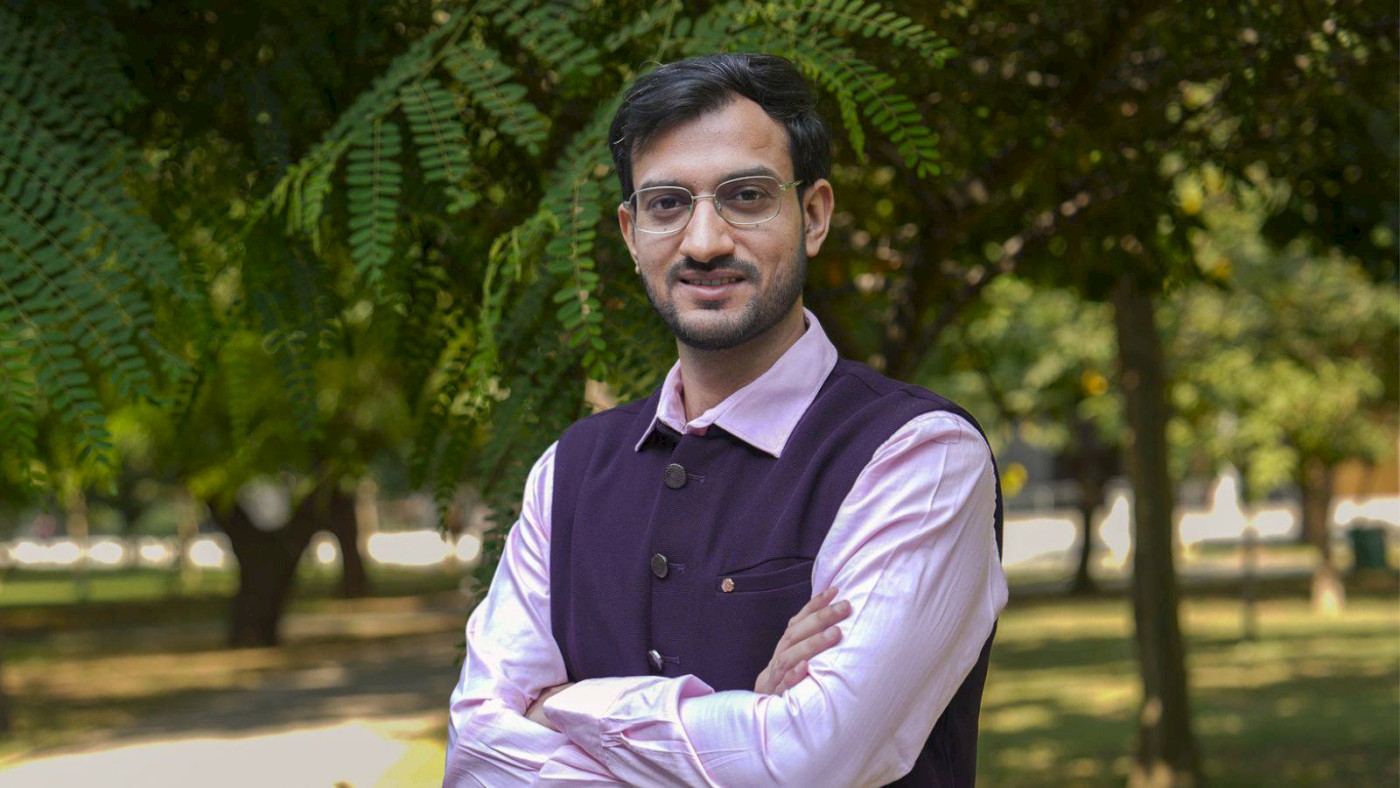28 January 2025
Ahmedabad University Professor Rahul Rao's Study on Resource Misallocation Wins IERA Citation Award

Real income in the Indian economy can rise by approximately 11.7 per cent with an effective reallocation of land and labour between its agricultural and manufacturing sectors. Such reallocation is, in turn, driven by an improvement in agricultural productivity due to optimal allocation of crops across heterogeneous productive farmlands in India. Additionally, the factor reallocation would lead to a decrease in the prices of agricultural land and agricultural output, an increase in labour wages and output of both sectors, reveals findings by Rahul Rao, Assistant Professor at the Amrut Mody School of Management, Ahmedabad University.
Professor Rao studied various perspectives on misallocation, including the type of misallocated input, such as land, labour, and financial capital. These findings, from Professor Rahul Rao's PhD thesis "Essays on Misallocation," earned him the India Exim Bank's International Economic Research Annual (IERA) Citation for 2023, recognising his contributions to research in international economics, trade, development, and finance.
This research explores fundamental economic questions, such as why some countries are wealthier than others and why total factor productivity (TFP) varies across nations. A country's TFP, reflecting its resource efficiency, is the primary driver of income level differences. Low TFP can stem from various factors, including slow technological adoption, ineffective use of existing technologies, inherent firm-level productivity issues, or optimal resource allocation due to financial barriers, trade limitations, and policy regulations.
Professor Rao's three-chapter thesis investigates these issues, beginning with an examination of Indian agriculture. He highlights that India, despite using approximately 60 per cent of its land for agriculture, achieves crop yields below the global average. This discrepancy indicates a mismatch between land allocation and crop yield, suggesting potential for improved land-use efficiency. He proposes that utilising advanced inputs and accessing finer land heterogeneity could enhance land allocation efficiency, freeing up as much as 70 per cent of agricultural land.
Furthermore, Professor Rao suggests that optimising land use alone is insufficient. He argues that reducing barriers to resource movement is equally crucial for improving overall welfare. Finally, his research shifts focus to the impact of different borrowing constraints on firms' capital allocation. He explains that earnings-based constraints, compared to collateral-based constraints, lead to a healthier economy by channelling funds towards the most productive businesses, regardless of size, thus potentially minimising economic losses.
Ahmedabad University celebrates Professor Rao's IERA Citation, illustrating its research support that advances understanding economic development and policy.



